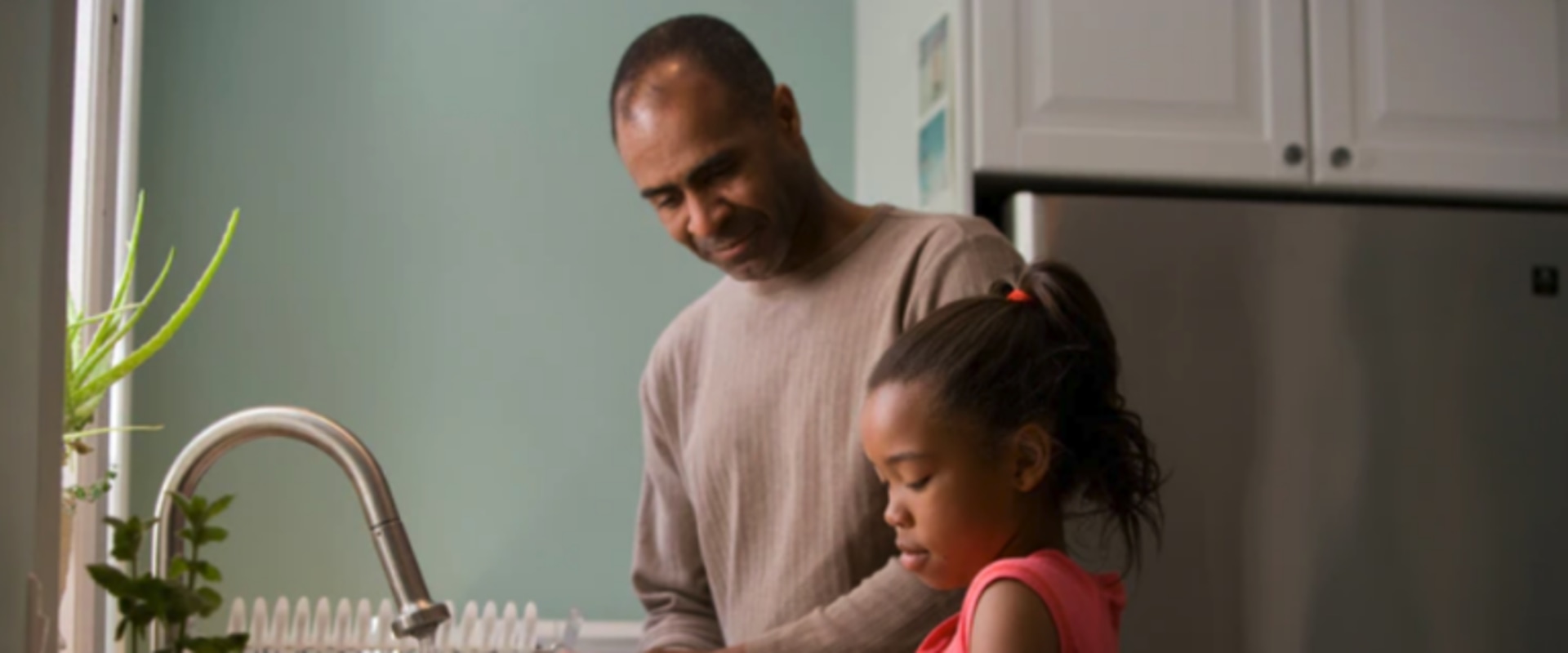The non-custodial parent can contact the court to modify custody if the custodial parent moves out. Moving is not automatically considered an important reason for changing child custody. Therefore, there is no guarantee that this type of petition will be successful, but the court must consider relocation in the decision. In certain situations, parents may modify child custody plans without going to court.
However, nothing is binding until a court signs it, as courts always retain their discretion regarding child custody and parenting time matters. However, the highly emotional and complex nature of child custody matters often hinders this. As such, the court should be asked to approve or deny the requested modifications to child custody orders based on the change in circumstances that occurred. This change must be large enough to affect the child's life to such an extent that the current custody order is no longer in your best interests.
For example, if a parent needs to move to another city, then changes can be made to parenting plans to allow for longer visitation or parenting times, or different custody arrangements. In addition, it is possible to argue that significant changes in circumstances occur when the current custodial parent adopts a lifestyle that is dangerous to the child, such as alcohol abuse or addiction. Similarly, if the non-custodial parent exhibits abusive or dangerous behavior, then modifications to the custody order may be made that require alterations in parenting time or visitation. Either party can file a petition to modify (change) a custody or visitation order.
The party requesting that the order be amended must demonstrate that there has been a change in circumstances, so there is a “real need” to change the order since the original order was issued. The court holds a hearing to determine if a change is in the best interests of the child. The party requesting that the order be amended must demonstrate that there has been a substantial change in circumstances since the original order was issued. Yes, child custody can be modified after a divorce.
Changes can be made to each other or through a court order. A judge will generally approve custody modification requests if there is an important reason that is in the best interests of the child. Learn more about making changes to child custody after divorce below. Child custody lawyers help take emotion and vitreous potential out of the equation so you can focus on what's best for you and your child.
If the parties agree on child custody, the judge will allow the parties to put the terms of an agreement on the record at a public hearing and enter a custody order with consent, without the need for a formal hearing. For example, an agreement could say that the custodial parent has to give a certain amount of time before moving, or it could prohibit the custodial parent from moving out of state. At Friedman & Friedman PLLC, Attorneys at Law, we are here to explain how parents can modify their child custody and visitation orders. If for any reason this person is no longer able to care for your children, the custody agreement must be modified with the help of a modified child custody lawyer.
However, you may want to seek the opinion of a child custody lawyer before accepting or requesting any changes. In general, the child must have resided in New York State for 6 months or more before a custody petition can be filed. If the parties agree on child custody, the judge can take statements from both parties and make a custody order with consent, without the need for a formal hearing. Shapiro notes that clients don't fully understand when to measure the change in circumstances needed for a child custody modification to take place starting in.
A copy of the petition and a summons must be served (personally served) to the person or parties who currently have custody of the child. When parents separate or divorce, you can get an initial child custody order that outlines the custody agreement. A parent, grandparent, or person with a substantial connection or relationship with the child can file a petition in Family Court requesting that the court place the child in their custody. If a child develops a mental, emotional, or physical disorder, and one parent is better able to care for the child, that could also be a reason for a judge to change custody.
Then, you can work with your lawyer and file a motion to modify your custody agreement and protect your child. Since you'll need to present evidence in court, it's always best to work with an experienced family law attorney to modify child custody based on violations of the existing agreement or order. . .







